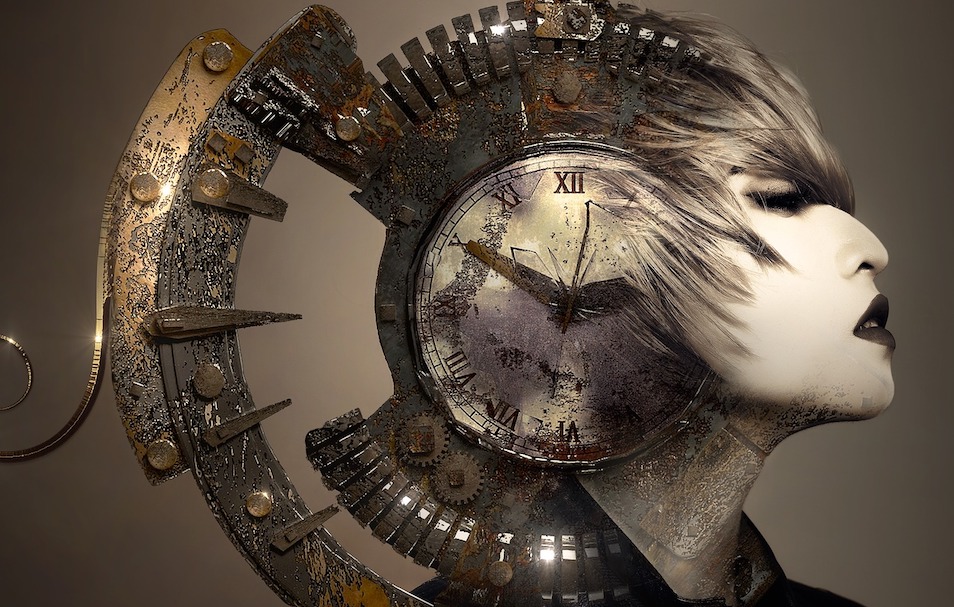What happens when our bodies no longer perform the way they did when we were young, flexible and supple? It certainly can be experienced as the loss of our younger self. The ability to move quickly and painlessly through life is taken for granted until one day an individual realizes that he or she is no longer as fluid and agile as in prior years. One begins to mourn for that version of him- or herself that was quick and nimble. But, is that the only process that is taking place? While we are indeed saying goodbye to a younger version of ourselves that we miss and will never retrieve, I believe that with this painful loss comes hidden gifts that individuals often ignore, thereby missing the accompanying opportunity of developing greater depth and wisdom.
The Hidden Gifts
When the aging process emerges, and one can no longer depend upon his or her body to react quickly and painlessly, it is my hypothesis that the individual is being called to take up another task — to delve into one’s internal world and one’s relationships and put less focus upon the physical “doing” of life. This allows an individual to receive the gifts that come from greater contact with the deep wells of inner life that can energize human experience and existence.
The Hidden Gifts as Described in Poetry
This all sounds very weighty, but perhaps the words of John O’Donohue, an Irish poet, author, priest and Hegelian philosopher, capture the state most succinctly:
Aging is not merely about the body losing its poise, strength, and self-trust. Aging also invites you to become aware of the sacred circle that shelters your life. Within the harvest circle, you are able to gather lost moments and experiences, bring them together, and hold them as one. In actual fact, if you can come to see aging not as the demise of your body but as the harvest of your soul, you will learn that aging can be a time of great strength, poise and confidence.
John O’Donohue, Anam Cara, pp. 167-168.
O’Donohue admits that aging is a loss of one’s physical prowess, yet simultaneously sees the tremendous gifts gained through deep inner work in which one harvests the soul. In fact, he explains how this inner work can afford “great strength, poise and confidence.”
The Hidden Gifts as Described in Quantitative Research
Quantitative research too has found that as people mature, they often find themselves more content and satisfied. A 2016 Los Angeles Times article, describing a University of California, San Diego study, was entitled “The Aging Paradox: The Older We Get, The Happier We Are.”[1] I quickly got ahold of the study itself, in order to review the scholarly version for myself. [2] The research based upon 1,546 men and women, aged 21-100 years, supported the existence of a “paradox” in which aging is associated with better mental health among older adults at the population level despite loss of physical and cognitive function.
The Hidden Gifts Actualized
How do we seize the opportunities of older adulthood? It seems from both poets and researchers that mourning our younger selves at the same time that we open the window of opportunity for a new type of journey allows for deeper reflection and in turn wisdom and resilience. While there are no fixed “how to” steps to this process, here are three suggestions to keep in mind:
First, allow yourself to cultivate greater receptivity to new experiences. Even if you have been working on- and have developed an openness to life’s processes, you might still come across some resistance during this specific stage. You might find yourself focusing more on what you can’t do rather than what is happening right now. Cultivating receptivity at this stage is crucial in order to find new sources of inspiration and movement forward.
Second, reflect on the idea of “harvesting one’s soul.”What does it mean to you? What would greater heights or broader depths of your soul, your life, look like? What wisdom and strength have you acquired—what do you know and feel now that you didn’t in your younger days?
Third, understand that this stage involves both a loss and a gain. Allowing yourself to integrate this idea is essential if you truly wish to embrace this process. Talk to a friend you trust, a therapist who is attuned to you, or a journal that just listens. Letting yourself sit with what you have lost and what you are finding opens a beautiful path towards discovering the hidden gifts this stage has to offer.
[1]Netburn, D. (August 24, 2016). The aging paradox: The older we get, the happier we are.Los Angeles Times.
[2]Thomas, M., Kaufmann, C., Palmer, B., Depp, C., Martin, A., Glorioso, D., . . . Jeste, D. (2016). Paradoxical trend for improvement in mental health with aging: A community-based study of 1,546 adults aged 21-100 years. The Journal of Clinical Psychiatry, 77(8), e1019-e1025. doi:10.4088/JCP.16m10671.


